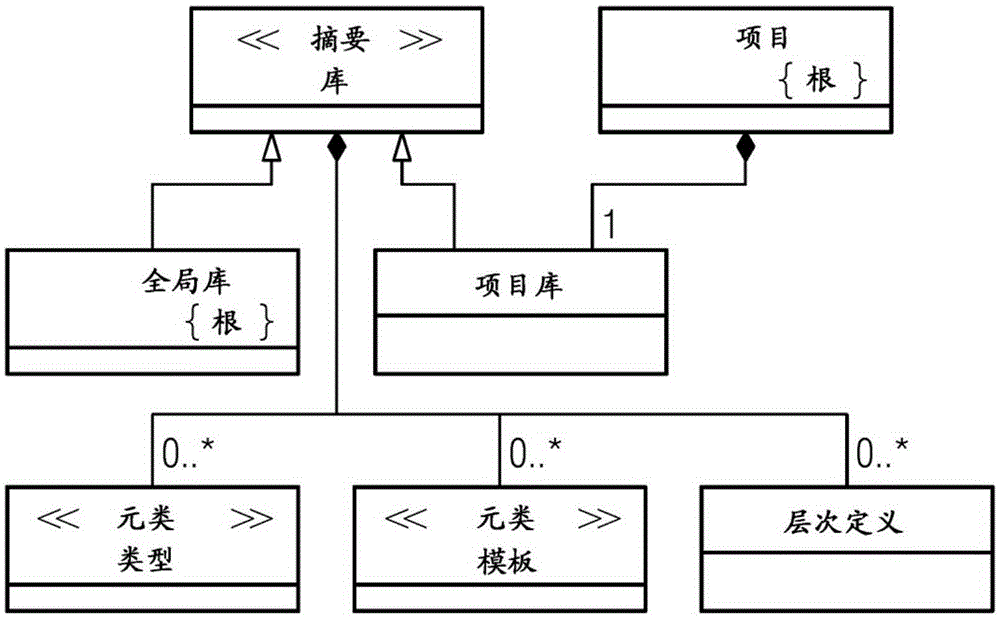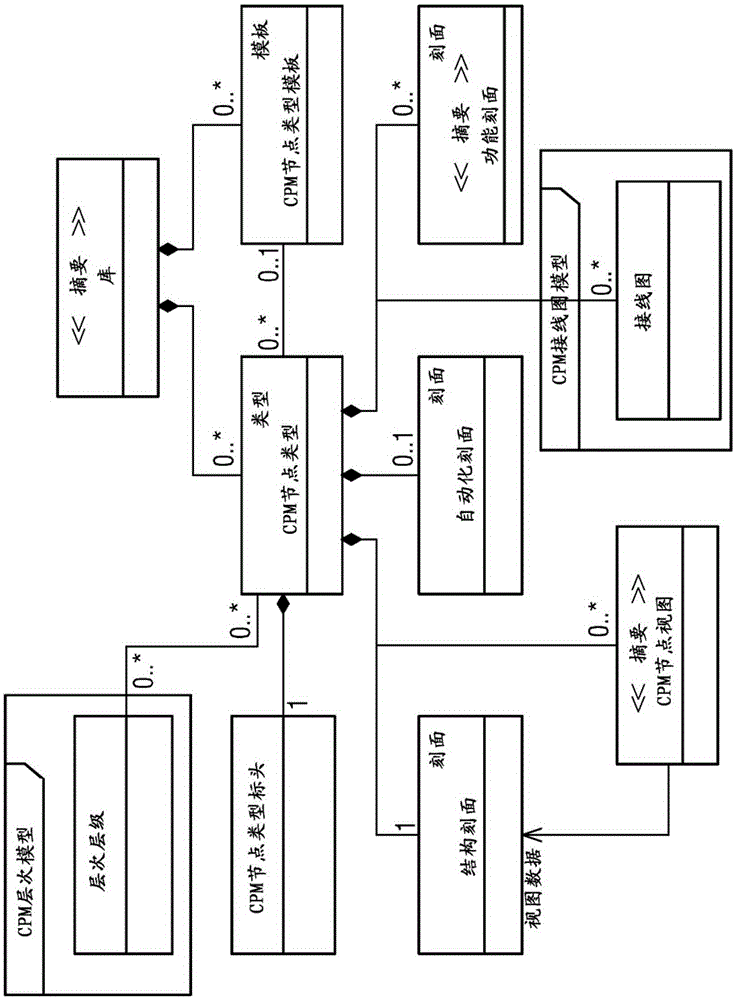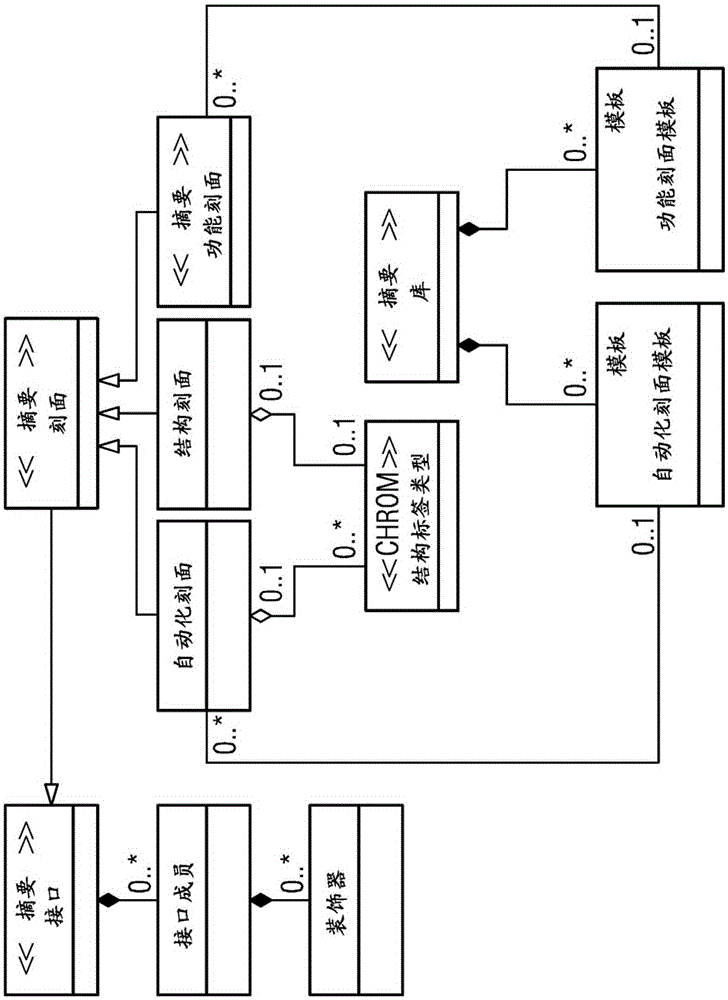Common plant model for modelling of physical plant items of production plant
A factory model and model technology, applied in data processing applications, special data processing applications, instruments, etc., can solve problems such as error-prone and difficult integration
- Summary
- Abstract
- Description
- Claims
- Application Information
AI Technical Summary
Problems solved by technology
Method used
Image
Examples
Embodiment Construction
[0051] In the following, the object model of the Common Plant Model (hereinafter referred to as CPM) is described from an implementation-independent perspective. The general idea for the creation and application of the CPM is to employ a single software platform for the control and execution of the production process, where unique tasks are assigned to MES, SCADA and DCS+ systems. Customized software platforms are also referred to as projects in the following.
[0052] CPM is designed to model and organize every related item in a physical manufacturing plant. Physical plant items can represent fixed equipment, movable equipment, tools, assets, and so on. This specification uses the term "CPM node" for a physical plant item. The purpose of the CPM node is to aggregate different aspects for modeling a single plant entity element. This aggregation involves public interface parameters as well as automation parameters. All CPM nodes are characterized by a set of common paramet...
PUM
 Login to View More
Login to View More Abstract
Description
Claims
Application Information
 Login to View More
Login to View More - R&D
- Intellectual Property
- Life Sciences
- Materials
- Tech Scout
- Unparalleled Data Quality
- Higher Quality Content
- 60% Fewer Hallucinations
Browse by: Latest US Patents, China's latest patents, Technical Efficacy Thesaurus, Application Domain, Technology Topic, Popular Technical Reports.
© 2025 PatSnap. All rights reserved.Legal|Privacy policy|Modern Slavery Act Transparency Statement|Sitemap|About US| Contact US: help@patsnap.com



